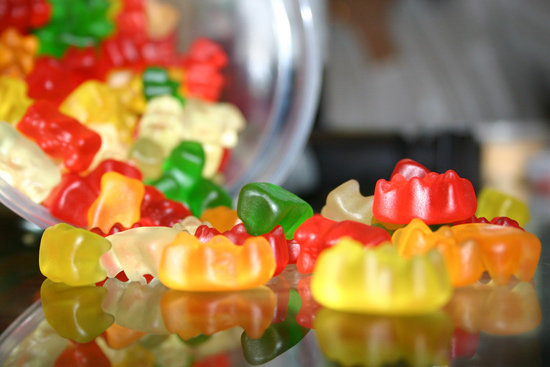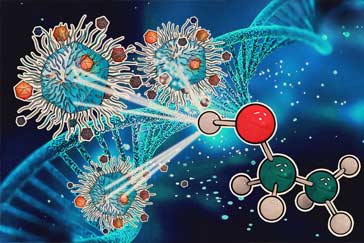Emulsifiers are food additives that facilitate normally immiscible liquids such as oil and water to form stable emulsions. Emulsifiers can improve the surface tension between various components of the emulsion system to make it a uniform dispersion to prolong the storage period of food and improve taste and appearance. They are included in fat based products such as salad dressing and often more in low fat formulations products such frozen desserts. They are also used in bread and bakery products, and convenience snacks and microwaveable food products. Among the different types of emulsifiers, MAG, DAG, and their derivatives constitute more than 70% of the worldwide emulsifiers. Fats and oils are the raw materials for MAG and DAG production where chemical glycerolysis is usually employed as a method of preparation.
Food labeling and E code issue
One of the functions of food labeling regulations is to ensure that consumers receive adequate information about the food products to make the right choice. However, in the case of food additives, E-numbers are assigned instead of mentioning the exact name of a particular additive. Use of E-numbers in food labeling is an initiative by the European Union (EU), which is universally adopted by the food industry. According to European Union (EU) classification, MAG and DAG used as food emulsifiers are needed to be identified with the number E471. However, E-numbers of various food additives used by the food industry do not clearly state whether they are derived from animal or plant sources. According to some past reports, some of the commercially available MAG and DAG could have been derived from hydrogenated lard, which is a prohibitive item under halal and kosher food regulations. From the religious perspective, use of ingredients derived from animal sources is not permissible for Muslim consumers. For example, if the label reads that a product contains E471, it is doubtful because most of the time the source of MAG and DAG is not revealed. Through clear and proper labeling, consumers could verify themselves whether the products status is either halal, haram, or doubtful.
Halal Issues connected to emulsifiers
The halal status of E471 emulsifiers becomes questionable, if the source of origin of MAG and DAG is not declared.The issue has grown in importance in light of many recent issues connected with the use of E471 emulsifiers in certain food products such as coffee and mayonnaise. Also, there are some speculations that E471 in some commercial brand of chocolate could have been of MAG-DAG of animal origin. In this kind of instances, it may be necessary to have analytical methodologies that can help to trace the source of origin of emulsifiers.
Towards halal authentication of emulsifiers
For this purpose, it is necessary to have a database on the characteristic properties of mono- and diacyl-glycerol derived from different plant and animal based fatty materials. Mono- and diacyl-glycerol emulsifiers of both plant and animal fats can be prepared using chemical glycerolysis method. For the characterization purpose, modern analytical techniques including two dimensional gas chromatography hyphenated with time-of-flight mass spectrometry (GC-TOF-MS), Differential Scanning Calorimetry (DSC) and Liquid chromatography hyphenated with mass spectrometry (LC-MS) can be used. The data collected can form a comprehensive source document for future references with regard to the authenticity of market available commercial emulsifiers.
by : Dr. Mohammed Nazrim Marikkar
( Associate Researcher )
Date of Input: 07/09/2018 | Updated: 07/09/2018 | salehan
MEDIA SHARING



























